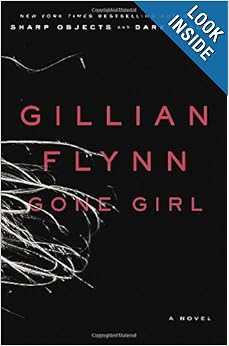 This international tale takes us to Bangalore India. Shalini grows up in a middle class two parent household with a successful father and a difficult and depressed mother. This woman has never learned nor wants the communication skills necessary to have friends, even with her daughter. During her childhood, Shalini sees that her mother has only one friend, Bashir Ahmed, a door to door salesman from Kashmir. He periodically drops by with a huge yellow package he carries on his back filled with beautiful clothing. Lonely for company, her mother invites Bashir Ahmed into her home for long afternoon visits. Clothing is not sold to the family, but stories are told, and familiarity breeds love.
This international tale takes us to Bangalore India. Shalini grows up in a middle class two parent household with a successful father and a difficult and depressed mother. This woman has never learned nor wants the communication skills necessary to have friends, even with her daughter. During her childhood, Shalini sees that her mother has only one friend, Bashir Ahmed, a door to door salesman from Kashmir. He periodically drops by with a huge yellow package he carries on his back filled with beautiful clothing. Lonely for company, her mother invites Bashir Ahmed into her home for long afternoon visits. Clothing is not sold to the family, but stories are told, and familiarity breeds love.Shalini's father works long hours at his business, and you get the idea that he has given up on the family feuds and just wants to relax with a drink at night. This is hard to do when you are married to an emotionally insatiable woman. In spite of the difficult home life, her father is a pillar to the family.
While she is attending college, her mother dies (and we don't know how until very far into the book). After loosing her job, she no longer has a purpose in the city. It is clear to her that she hasn't yet found her place in the world, and feels even more lost as she sees that her father is clearly moving on as he tells her that he will be dating. On impulse, she decides to find Bashir Ahmed. I think she wants to understand more about her mother by understanding the man her mother loved.
Now the book gets really good! The train trip takes the reader on a journey to a poor Himalayan village in Northern India nestled in the mountains in Kashmir. I looked these places up on the map, and it is a very long journey indeed by train, around 1300 miles according to our friend Google. The conflicts between peaceful Muslim villagers, Muslim militants, the Hindi and then the Indian army are woven into Shalini's journey into discovering what is really important to her.
I'm impressed with the excellent story telling and writing quality of this new author. This very cultural and colorful adventure was one that was hard to put down. It has high literary qualities and would be a great book club choice. It is exciting that the world has another great writer. This is Madhuri Vijay's first novel.
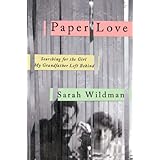
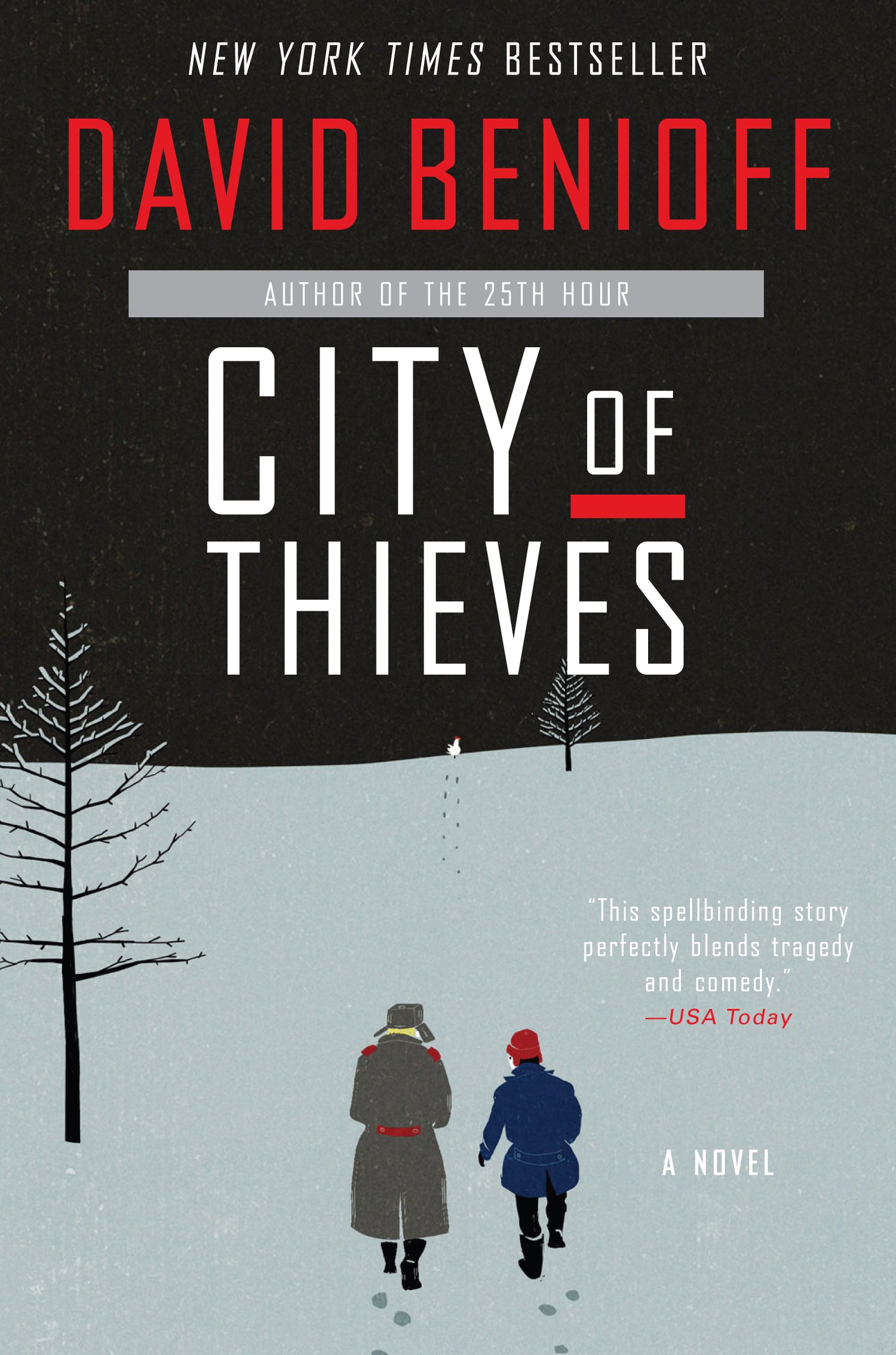
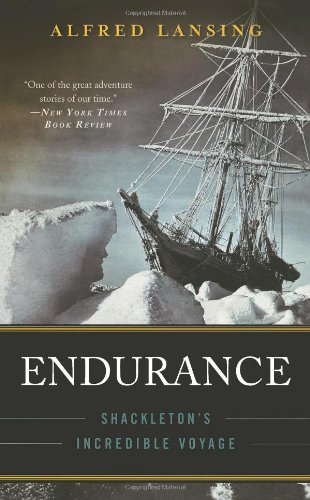
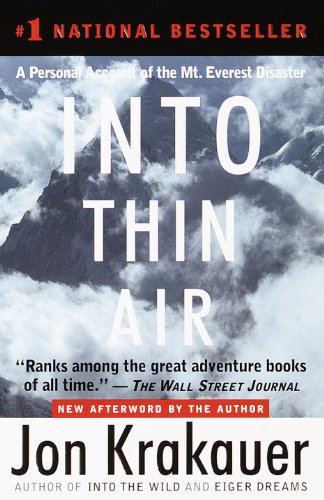
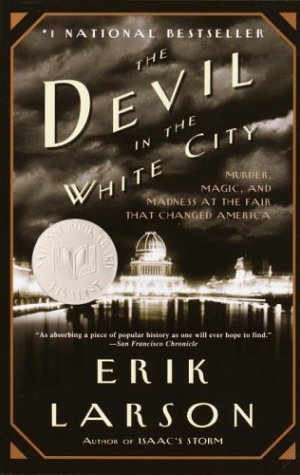
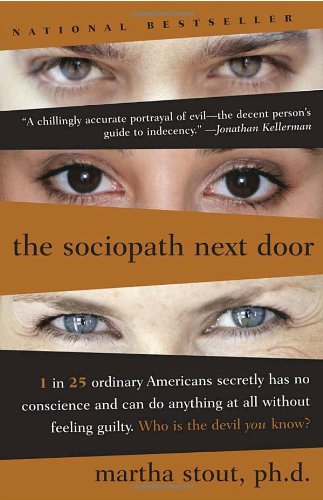
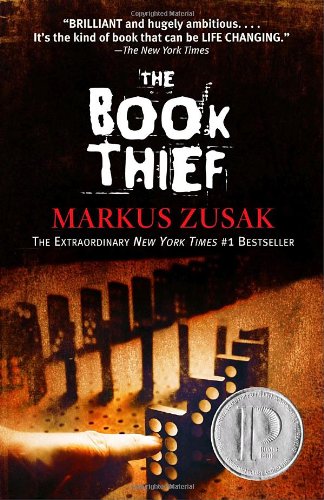 "The Book Thief" by Markus Zusak is an absolute work of art. Even though the story has been made into a movie, film would never be able to capture the author's style of imaginative narration chosen to weave his tale.
"The Book Thief" by Markus Zusak is an absolute work of art. Even though the story has been made into a movie, film would never be able to capture the author's style of imaginative narration chosen to weave his tale.